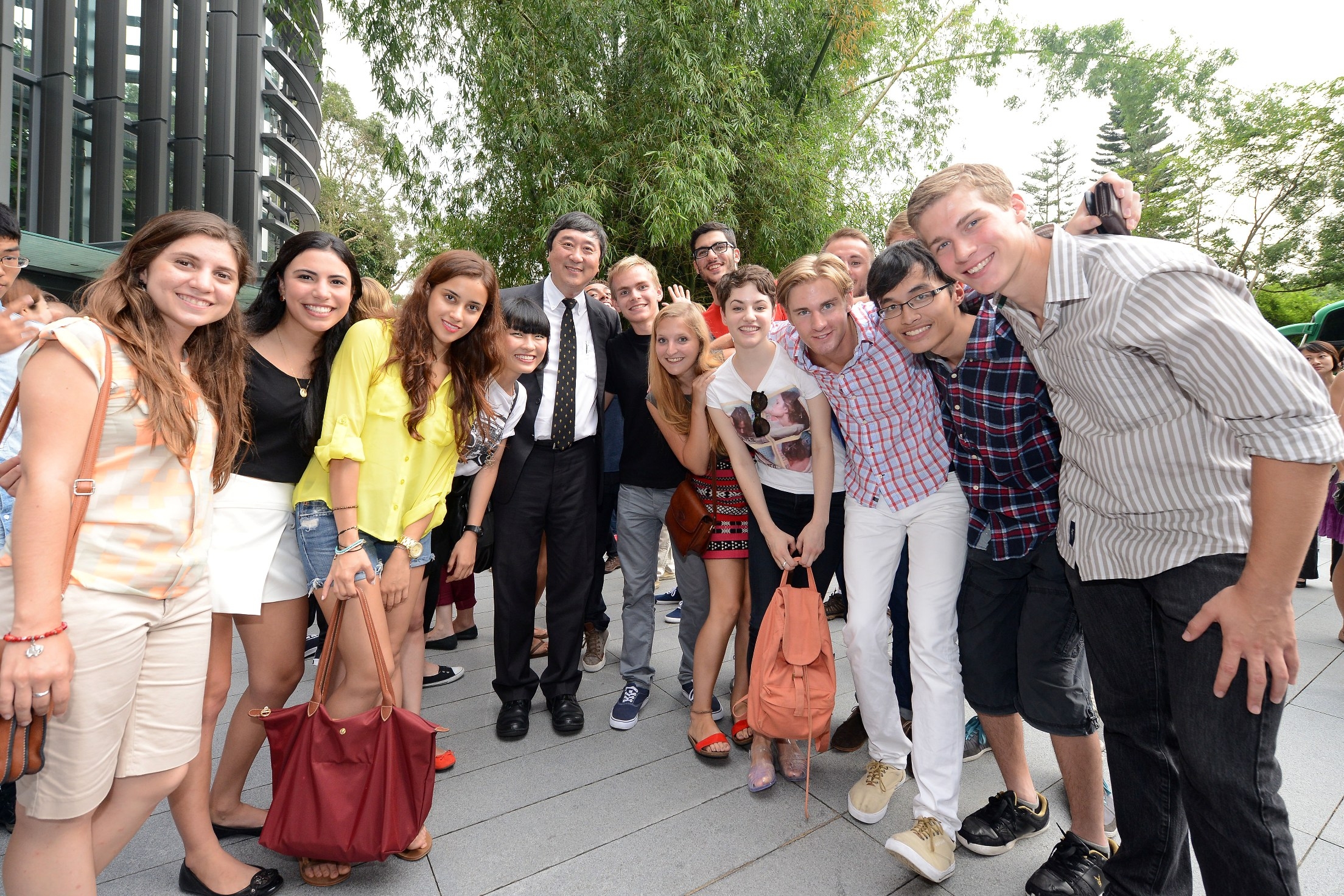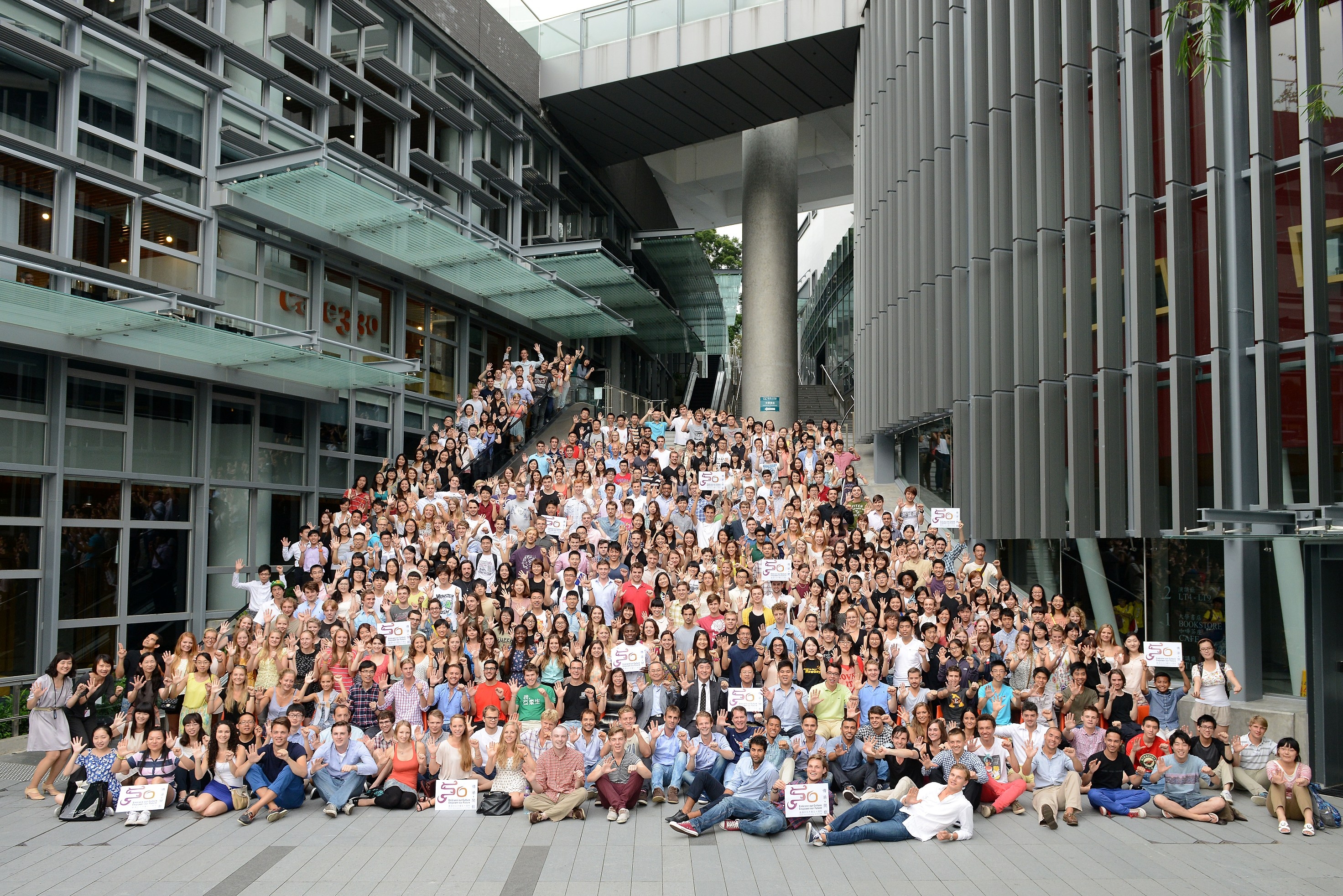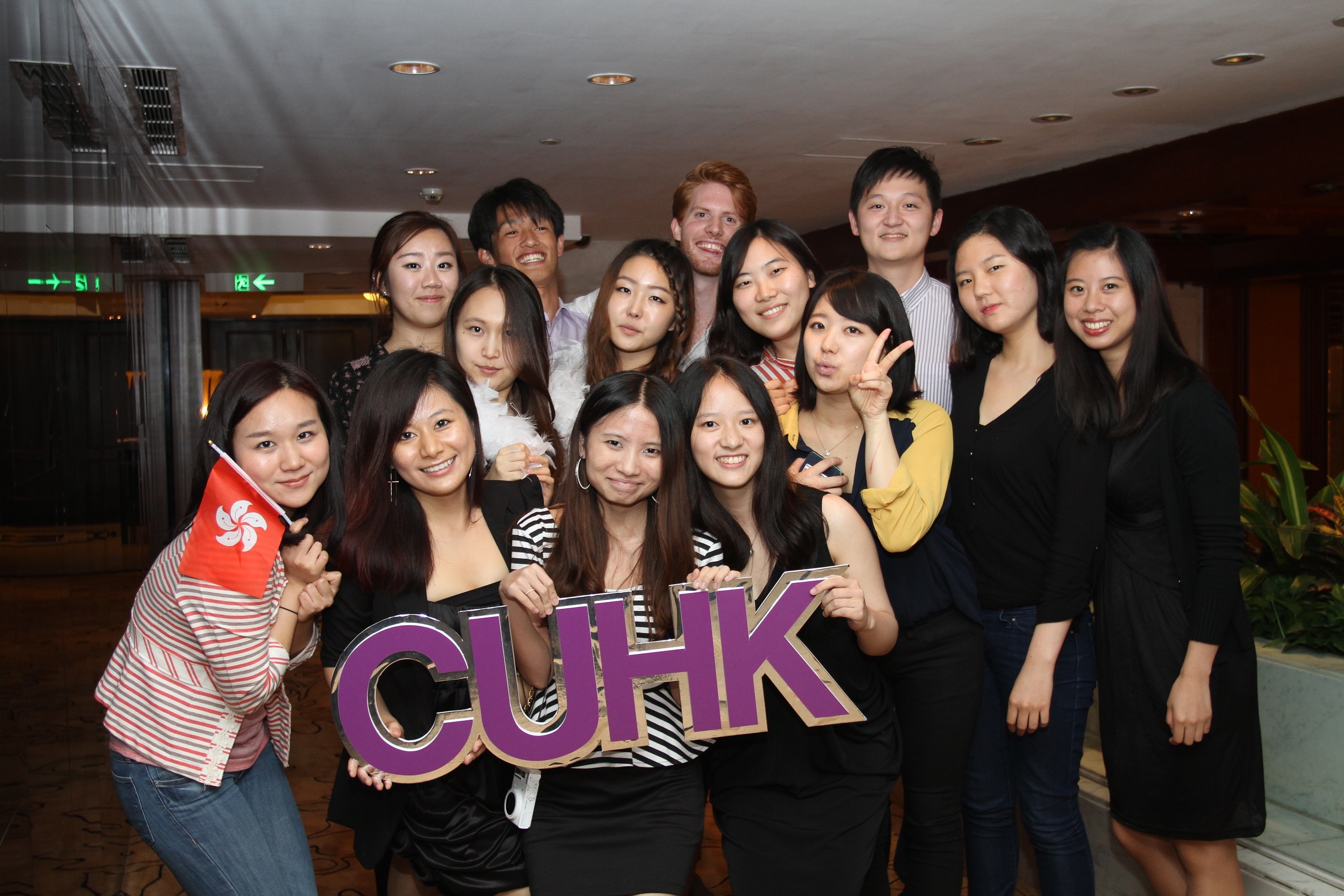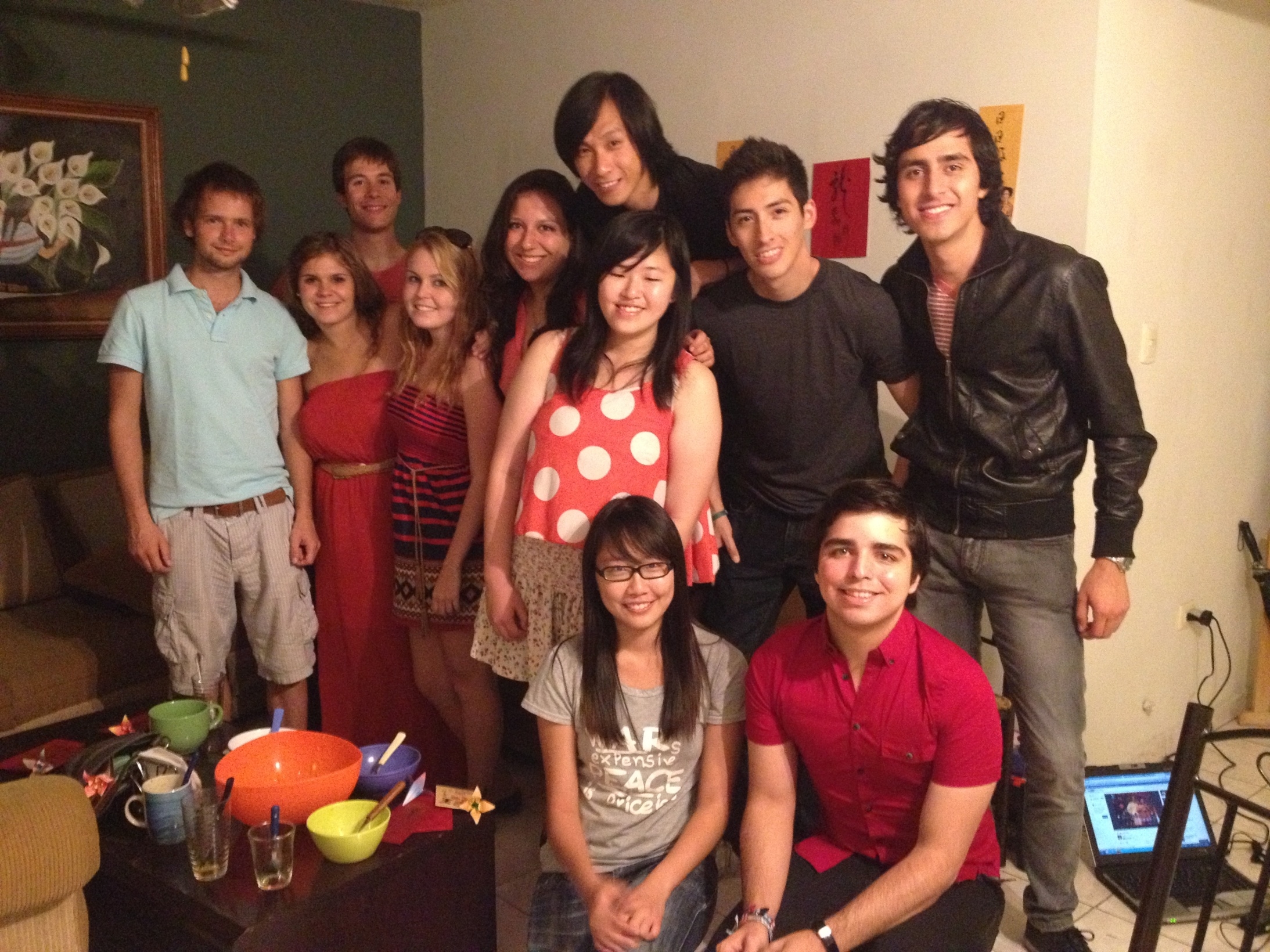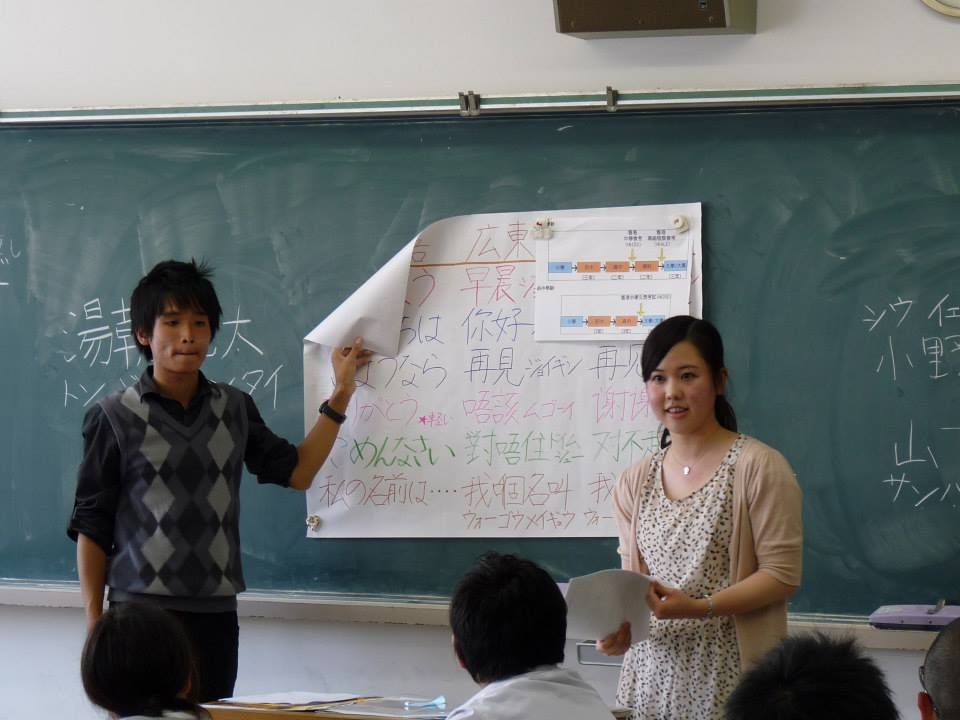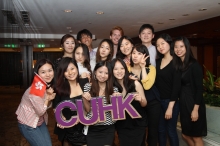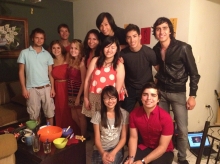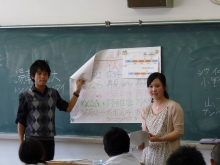CUHK
News Centre
CUHK Partners with over 230 Institutions around the World to Provide Experiential Learning Opportunities to Students through Student Exchange Programmes
The Chinese University of Hong Kong (CUHK) always strives to promote the cross-fertilization of Chinese and Western cultures, and to provide a multicultural ecology on campus. Students from different cultures can learn from each other, and to broaden their international horizons. CUHK set up its first student exchange programme in 1965 with the University of California. Today, the University has established student exchange programmes with over 230 world-renowned institutions in 30 countries/regions in Asia, Australia, Europe and the Americas. During this academic year, over 1,000 international exchange students will enrol in CUHK, while a similar number of CUHK students will participate in exchange programmes.
Overseas exchange students studying Chinese and Hong Kong culture at CUHK
Jisoo Lee from Yonsei University, Korea has been studying at CUHK since last semester. She is amazed by the cultural diversity here. After taking two courses from Chinese studies, she became more interested in deepening her knowledge about China. Maxwell Okunola, an American exchange student from the University of Miami, aspires to study at CUHK as Hong Kong is a hub where East meets West. He is studying ‘Culture of Hong Kong’ and finds the course very insightful in which the rapidly changing culture of Hong Kong is demonstrated. He will highly recommend his friends in the US to study abroad at CUHK.
CUHK students went on exchange abroad to broaden their horizons
Chan Tsz Ching Cora spent two semesters at Tecnológico de Monterrey in Mexico. She was fascinated by the ever-cheerful people, the vibrant culture, and the diverse cuisine there. The exchange experience has molded her into a more independent and motivated young adult. The stay at Waseda, Japan for one semester was one of the fondest memories of Li Hiu Fung Jeffrey. During the exchange period, he organized activities with Japanese students, joined home-stay programmes, and was invited to Japanese elementary and senior high schools to introduce Hong Kong culture to Japanese students. All these experiences enabled him to form a corporative, tight network with many international students.


